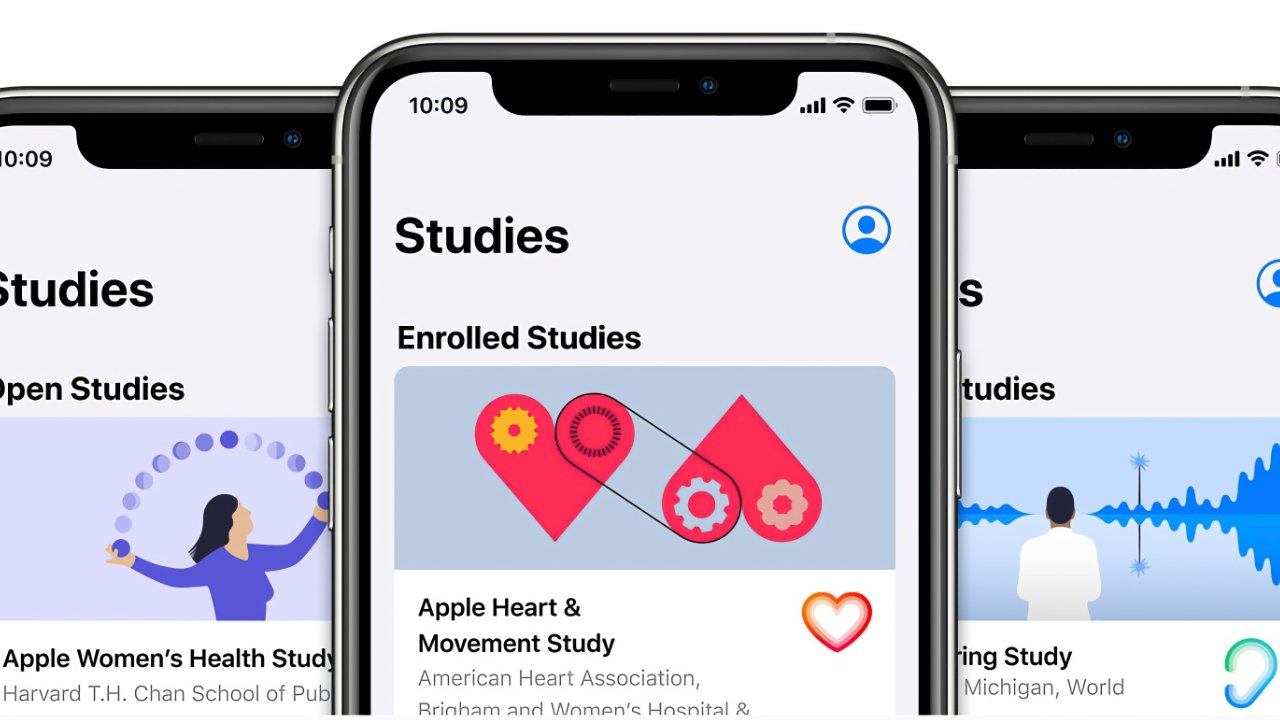Researchers at the University of Washington have partnered with Apple to study how Apple Watch may be used to predict illnesses such as coronavirus, or flu.
As part of Apple's series of health partnerships, the company is working with the University of Washington and the Seattle Flu Study. If accepted onto the coronavirus study program, participants will be provided with an Apple Watch.
"The goal of the study is to see if the information collected by the Apple Watch and iPhone can detect early signs of respiratory illnesses like COVID-19," say the organizers on the recruitment page.
The study is focusing on the Seattle area because residents "may have higher than normal risk of respiratory illness because of frequent exposure to other people through work or other activities, health conditions, or other factors."
This Apple Respiratory Study is expected to take "up to six months." During the study, participants will be required to periodically answer survey questions in the Apple Research iPhone app.
If participants get sick while enrolled in the study, they will be sent an in-home testing kit for COVID-19 and other respiratory illnesses. But, this will likely assist the study further, as sick participants will be asked to "take some additional health measurements using your Apple Watch."
Stay on top of all Apple news right from your HomePod. Say, "Hey, Siri, play AppleInsider," and you'll get latest AppleInsider Podcast. Or ask your HomePod mini for "AppleInsider Daily" instead and you'll hear a fast update direct from our news team. And, if you're interested in Apple-centric home automation, say "Hey, Siri, play HomeKit Insider," and you'll be listening to our newest specialized podcast in moments.
 William Gallagher
William Gallagher







 Charles Martin
Charles Martin


 Wesley Hilliard
Wesley Hilliard
 Stephen Silver
Stephen Silver


 Marko Zivkovic
Marko Zivkovic









1 Comment